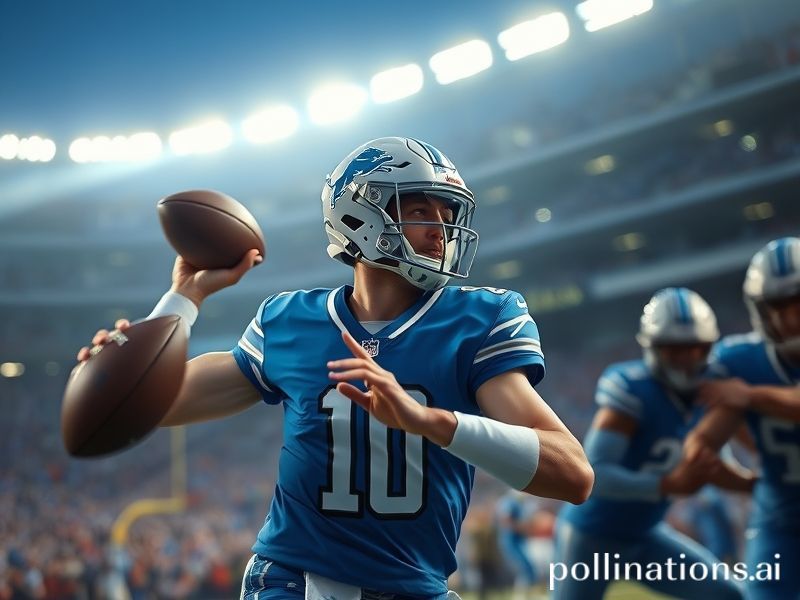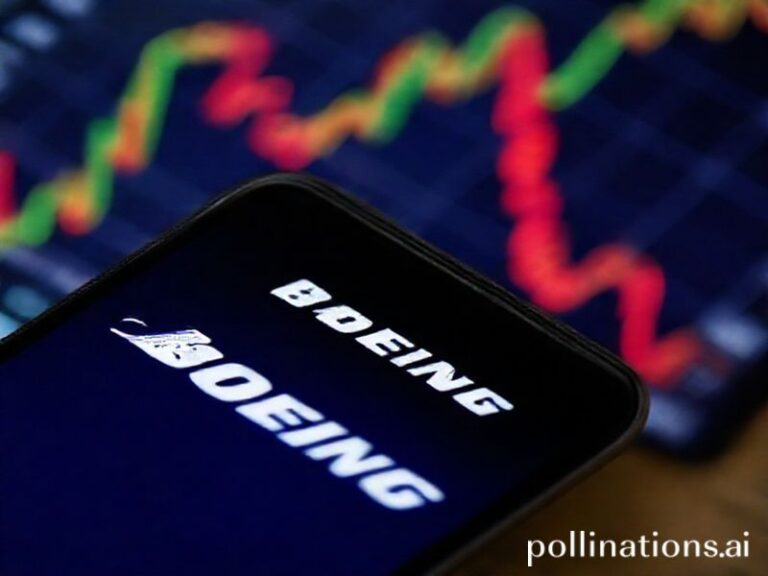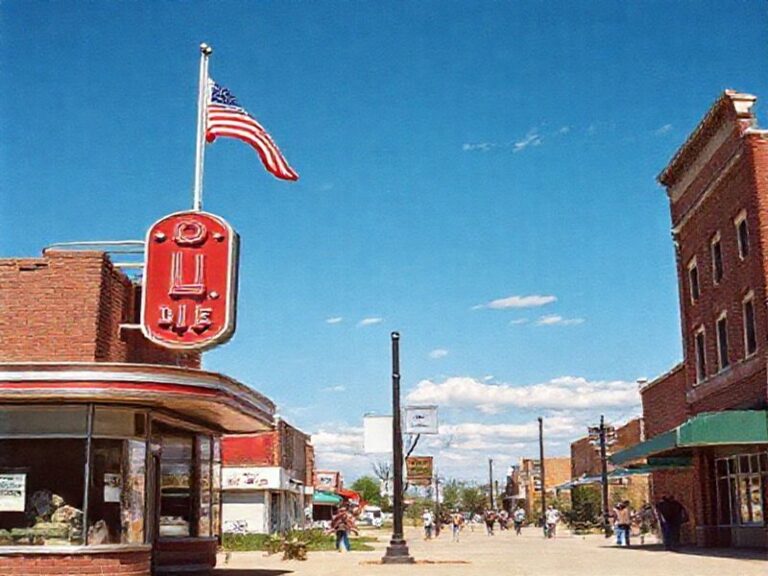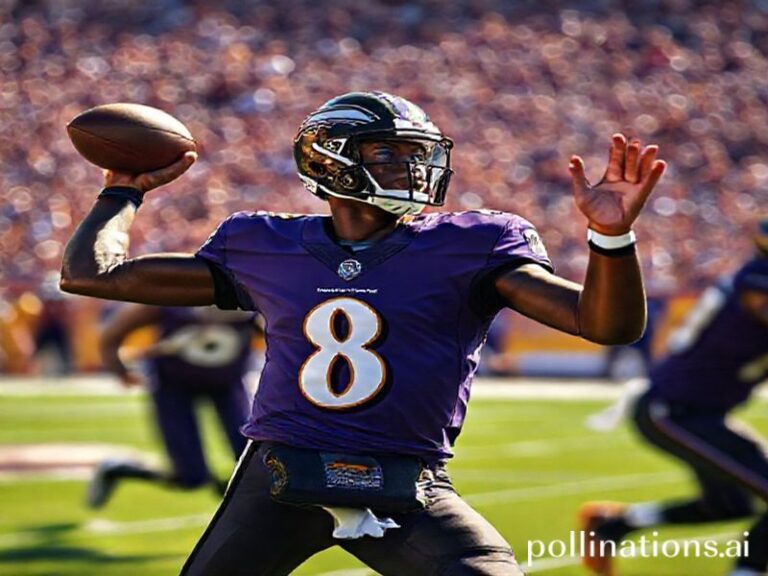From Motown to Moscow: Why the Detroit Lions’ Latest QB Matters to a World Teetering on the Brink
Detroit, Michigan – In a city that once symbolised the industrial engine of the West and now mostly symbolises how engines seize when neglected for six decades, the Detroit Lions have unveiled yet another quarterback. The announcement landed on foreign wire services somewhere between the latest Sudan evacuation and the revelation that a Swiss banker misplaced Liechtenstein, forcing editors on four continents to ask the same question: “Detroit still has a football team?”
Yes, and like a stubborn Balkan monarchy, it persists—throne passed from one hopeful to the next while peasants outside the palace gates debate whether the new king’s arm or the old king’s knee will break first. The latest heir is Hendon Hooker, a name that sounds either like a 19th-century Arctic explorer or a Bond girl’s day job. Either way, he now carries the hopes of 635,000 Detroiters and the schadenfreude of everyone else.
Global implications? Allow me to translate for our international readers. Imagine if the captaincy of the Costa Concordia were rotated every two seasons, each skipper promising to miss the iceberg this time. The Lions franchise is that ship, eternally half-submerged but still selling tickets to optimists who believe the next guy can bail faster than the last. Hooker inherits a locker room whose last Super Bowl predates the fall of the Berlin Wall, back when East German athletes were still busy inventing undetectable steroids.
Across Europe, where football means feet and existential dread, American football remains a curiosity—like competitive tax evasion with helmets. Yet even there, the Lions QB saga resonates. Germans, connoisseurs of angst, admire Detroit’s commitment to suffering. The French see a tragic opera performed in shoulder pads. In Tokyo, salarymen watch highlight reels on bullet trains and marvel at a city more radioactive than Fukushima’s souvenir shop, figuratively speaking of course.
The broader significance lies in what the Lions quarterback represents: the human tendency to double-down on lost causes. Every new signal-caller is a tiny Versailles treaty—signed amid fanfare, broken by Thanksgiving. Hooker arrives fresh off ACL rehab, which in Detroit counts as job experience. His jersey sales already outpace city school funding, proving once again that hope is the most renewable resource, especially when subsidised by beer commercials.
Economically, the Lions are a petro-state without oil: perpetual revenue from television deals, merchandising, and the curious habit of Michigan expats sending remittances in the form of $200 hoodies. The quarterback is the figurehead on this dubious tanker. When he thrives, local GDP jumps 0.03 percent; when he throws three picks before halftime, downtown pawnshops enjoy a bull market in slightly used flatscreens.
From a geopolitical lens, the Lions’ revolving-door quarterback policy mirrors great-power proxy wars. Coaches play the role of CIA handlers, installing regimes (read: QBs) friendly to their schemes, only to abandon them when the play-action doesn’t translate. Fans, like war-weary civilians, measure success not in victories but in reduced casualties—fewer interceptions, lower body counts.
And yet, cynicism aside, there’s something perversely noble about it. In an era when entire nations ghost their allies by text message, Detroit still shows up, season after season, to watch a new man try to thread a spiral through the eye of a needle made of rusted Ford steel. It’s the sort of futility Camus would have season-tickets for, assuming he could tolerate the halftime country act.
So raise a glass, dear reader, wherever you are—whether in Lagos traffic, a Paris café, or a Seoul PC bang—to the latest Lions QB. He stands not merely under center, but at the intersection of local despair and global rubbernecking. History suggests he’ll leave limping. But history also suggests another will follow, because nothing says “human spirit” quite like reapplying lipstick to a franchise that’s been mauled since the Eisenhower administration.
In the end, the Lions quarterback is all of us: overhyped, under-protected, and clinging to the statistically improbable belief that this time the throw won’t sail into triple coverage. Until it does. And we buy the next jersey anyway. Chin up, planet Earth—at least we’re not the Jets.







